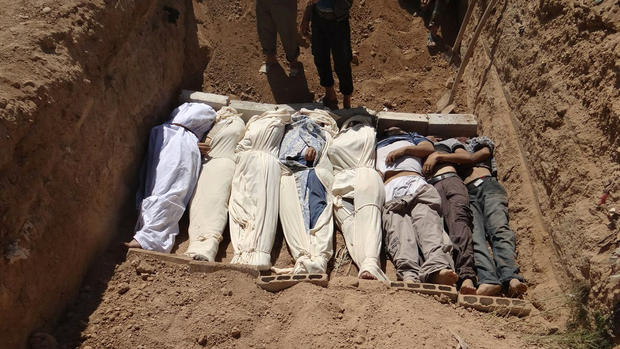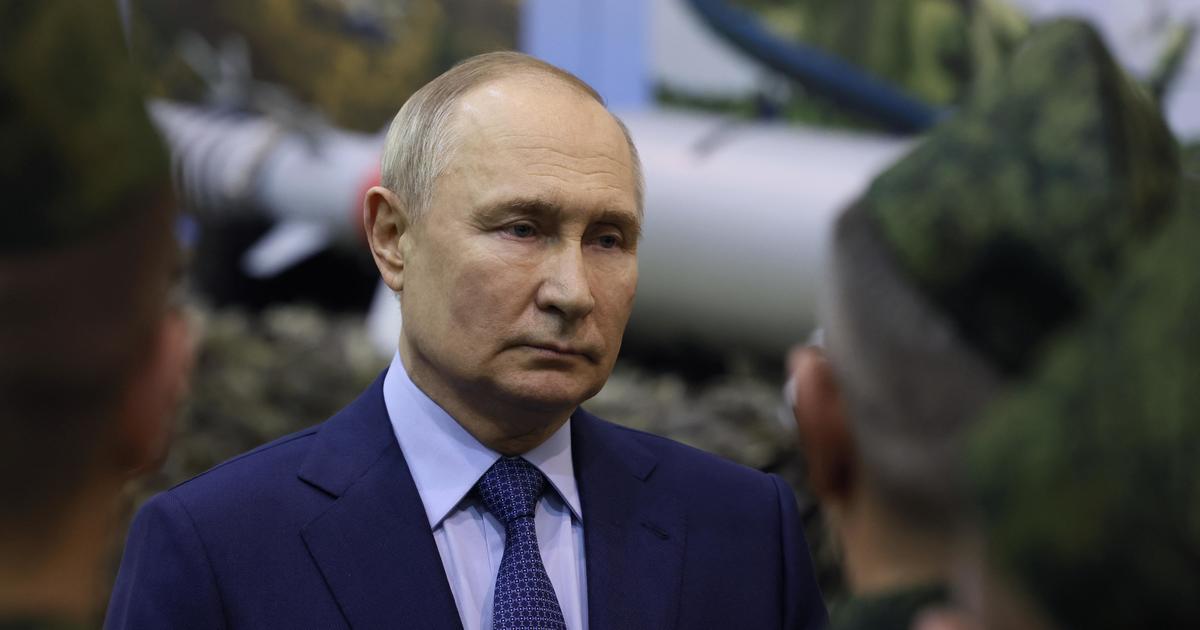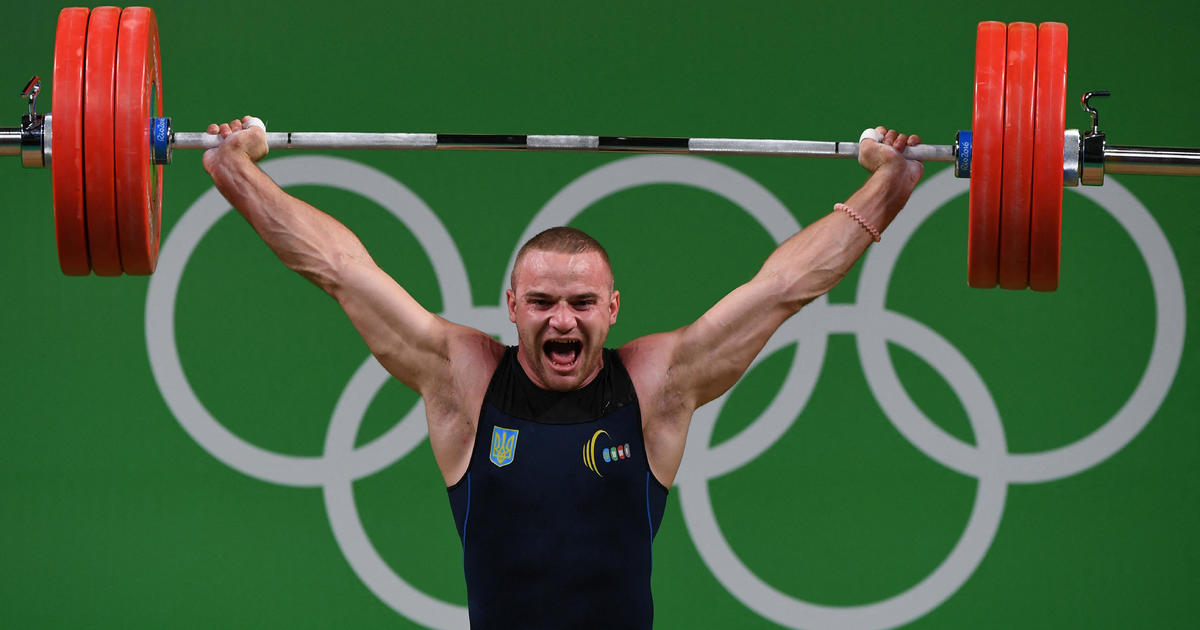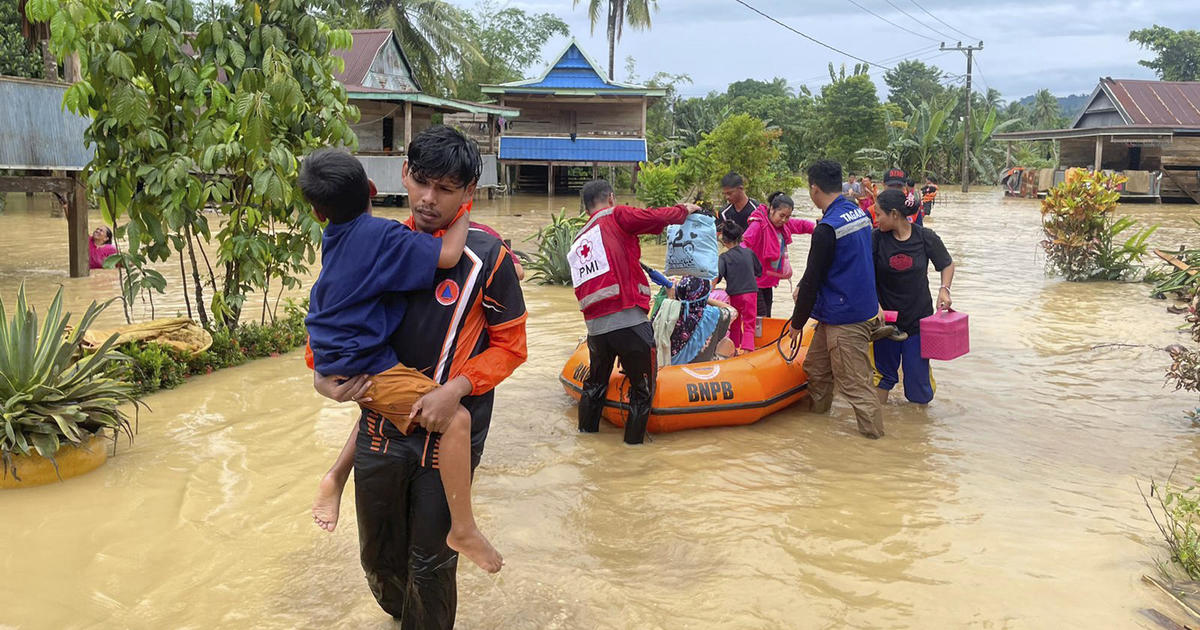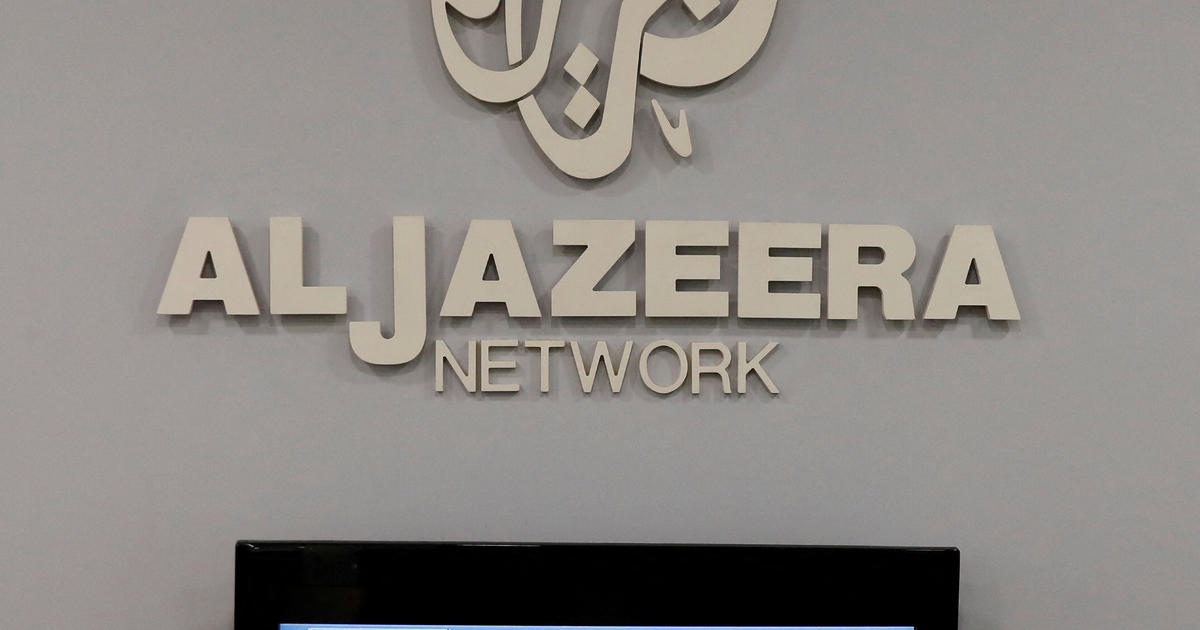Dozens of civilians killed in alleged "poison gas" attack
Airstrikes carried out by Syrian government or Russian jets hammered rebel-held areas of the northwestern Idlib province on Tuesday, leaving dozens of civilians dead, according to activists and medical workers who say chemical weapons were likely used.
The British government said later Tuesday that the horrific images from the town of Khan Sheikhoun “strongly suggest the use of chemical weapons. And although we cannot yet be certain about what has happened, this bears all the hallmarks of an attack by the regime which has repeatedly used chemical weapons.”
CBS News correspondent Margaret Brennan reports that the form of gas is still being determined via tests. While sarin gas is a possibility, chlorine gas symptoms can, at times, be similar, which is why testing is being conducted, Brennan reports.
In a statement released by the White House, President Trump blamed the attack on Syrian President Bashar Assad’s regime and pointed a finger at the Obama administration.
“Today’s chemical attack in Syria against innocent people, including women and children, is reprehensible and cannot be ignored by the civilized world,” Mr. Trump said.
He called the attack “intolerable” and said the “heinous actions” by the Assad regime “are a consequence of the past administration’s weakness and irresolution.”
“President Obama said in 2012 that he would establish a ‘red line’ against the use of chemical weapons and then did nothing,” Mr. Trump said.
Secretary of State Rex Tillerson said, “While we continue to monitor the terrible situation, it is clear that this is how Bashar al-Assad operates: with brutal, unabashed barbarism.”
“Anyone who uses chemical weapons to attack his own people shows a fundamental disregard for human decency and must be held accountable,” he said in a statement.
“It is also clear that this horrific conflict, now in its seventh year, demands a genuine ceasefire and the supporters of the armed combatants in the region need to ensure compliance,” Tillerson said. “We call upon Russia and Iran, yet again, to exercise their influence over the Syrian regime and to guarantee that this sort of horrific attack never happens again. As the self-proclaimed guarantors to the ceasefire negotiated in Astana, Russia and Iran also bear great moral responsibility for these deaths.”
White House press secretary Sean Spicer said earlier that the Trump administration was looking at what next step to take and was speaking with allies, CBS News’ Brennan reported.
The Syrian and Russian governments flatly denied any responsibility. The Russian Defense Ministry said “Russian air force planes haven’t dealt any strikes on Khan Sheikhoun in the province of Idlib.”
Syrian officials repeated blanket denials of ever having used chemical weapons and declared the specific accusations on Tuesday “null and void.”
British Foreign Secretary Boris Johnson said in a written statement that if the attack was carried out by Assad’s forces, it would be “further evidence of the atrocities perpetrated against the Syrian people over six years of appalling conflict.”
Video and photos posted online by the Syrian Civil Defense, the volunteer first-responders’ organization commonly known as the White Helmets, showed young children purportedly killed in the attack on Khan Sheikhoun, which took place early Tuesday morning.
A member of the White Helmets team in Idlib posted a message on Twitter saying at least 37 civilians were killed and hundreds injured in what he called a “poisonous gas attack” on the town. The images he posted showed children -- at least eight in one video -- seemingly dead but without any apparent external injuries.
The Syrian Observatory for Human Rights (SOHR), a U.K.-based activist group that relies on a network of contacts inside Syria and which generally proves an accurate source of information on the war, said at least 58 people were killed, including 11 children. SOHR said the strikes left many victims chocking for air, and said local medical workers described the effects of a poison gas attack.
Later Tuesday, the Idlib Health Directorate gave a death toll of 100, with hundreds more injured. An umbrella opposition group said 70 were dead. The varying death tolls could not be independently reconciled as the area is rebel-held and it is not safe for journalists to travel there.
Multiple U.S. officials remarked to CBS News’ Brennan on how “petulant and political” the Trump White House statement on the attack was, given how much it blamed Mr. Obama instead of focusing on the tragedy.
“In response to one of the most depraved attacks on humanity, the White House could have issued a sober, serious statement,” a U.S. official said. “Instead they needlessly chose to play politics.”
“I was no fan of the Obama administration’s Syria policy, or lack thereof, and they rightly deserve harsh criticism for passivity in the face of widespread slaughter. But when a horrific attack like this occurs, it’s a disservice to the victims and to the U.S. foreign policy to stoop to campaign rhetoric,” the official said.
“It’s hard to imagine anyone could see images of victims foaming at the mouth and think that statement was appropriate,” the official added.
Hours after the alleged chemical attack, the White Helmets said a field hospital in the same area was hit by another rocket attack, destroying the facility and damaging vehicles. It wasn’t immediately clear whether there were additional casualties from that purported strike.
Assad has been accused many times during the country’s six-year civil war of using illegal, indiscriminate weapons against his own people, including chemical weapons. He has consistently denied the accusations, in spite of overwhelming evidence.
A doctor working in Idlib province, identifying himself on Twitter as a British-trained physician currently volunteering as a “humanitarian aid worker in northern Syria,” posted a video in which he demonstrates how survivors of the alleged Khan Sheikhoun attack have “pin-point pupils that do not respond to light.” He claims it is evidence that the strikes used the banned chemical weapon sarin gas.
Several United Nations Security Council resolutions aimed at punishing Syria for using the banned weapons have been blocked by Assad’s most valuable ally, Russia, and by China.
Hamish de Bretton Gordon, a former chemical and biological weapons chief for the British army, told CBS News that, judging from the images and video posted online from Khan Sheikhoun, the attack seemed more likely to have involved a nerve agent than the more readily available and far less lethal chlorine.
“It does appear to be a nerve agent. If the casualty toll is as high as they claim then it’s likely sarin,” de Bretton Gordon said. “Even the biggest chlorine attacks have only seen one or two deaths with 30 plus injuries.”
He said it was unlikely a mustard gas attack as the victims showed no external blistering.
The assessment was shared by another chemical weapons expert who told CBS News on Tuesday that the videos appeared to show victims of a possible sarin gas attack.
“It is looking distinctly like an attack with something considerably more potent than chlorine or mustard gas. A nerve agent like sarin would fit the descriptions I have read of symptoms,” Alastair Hay, a professor of environmental toxicology at Leeds University in England, said.
De Bretton Gordon said the images reminded him of the devastating 2013 attacks by Assad’s forces on the eastern Ghouta suburbs of Damascus, which left many hundreds dead and almost led to U.S. military action against Damascus. International inspectors concluded it was a sarin gas attack.
While the Ghouta attack clearly crossed Mr. Obama’s “red line” for the Assad regime, a deal was negotiated with Russia that was meant to see Assad hand over all of his chemical weapons stockpile for destruction. That deal averted U.S. military action.
Tons of illegal weapons and chemical precursors were destroyed offshore, but alleged chemical attacks -- mostly chlorine -- have persisted.
As the death toll in Khan Sheikhoun continued to rise on Tuesday, Assad’s government reiterated it’s long-standing, generic denial of chemical weapons use, saying the Syrian military “does not and has not” used them.
A high-ranking Syrian military officer told CBS News, on condition of anonymity, that the “allegations are null and void. Syrian or Russian jets never used chemical weapons during their fight against terrorism.” He said Syrian forces and their allies “target terrorist groups, not civilians.”
The Organization for the Prohibition of Chemical Weapons, the global chemical weapons watchdog that facilitated the destruction of Assad’s known chemical weapons stockpiles four years ago, said Tuesday that it was, “in the process of gathering and analyzing information from all available sources” related to the Khan Sheikhoun attack.
